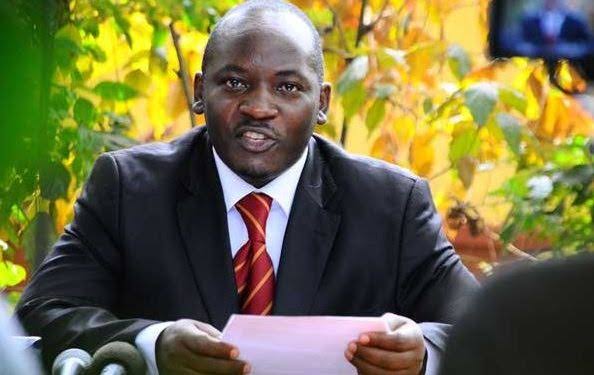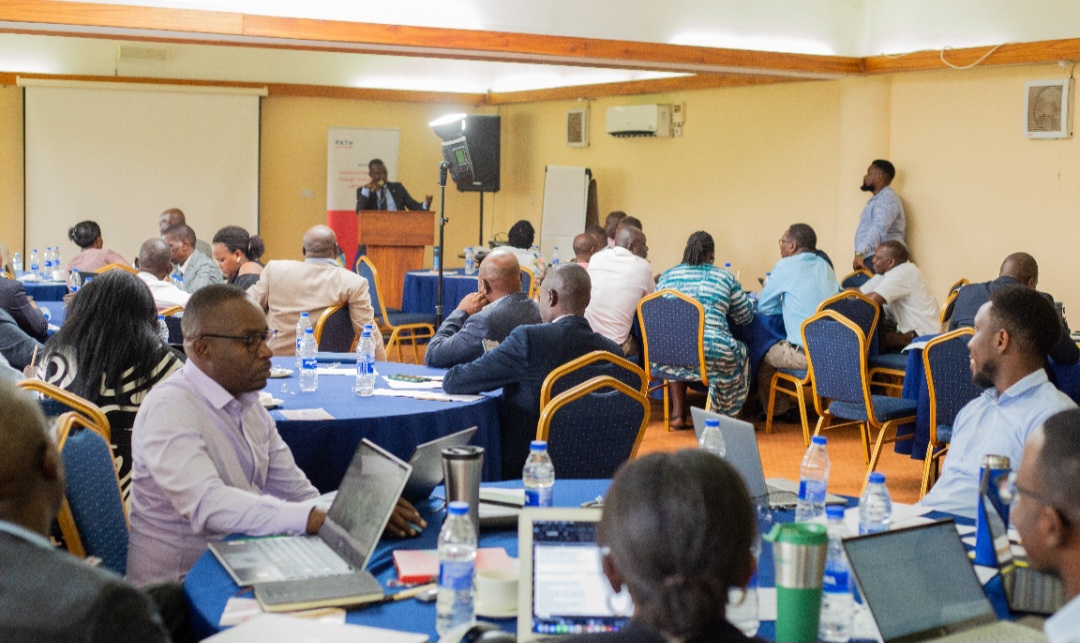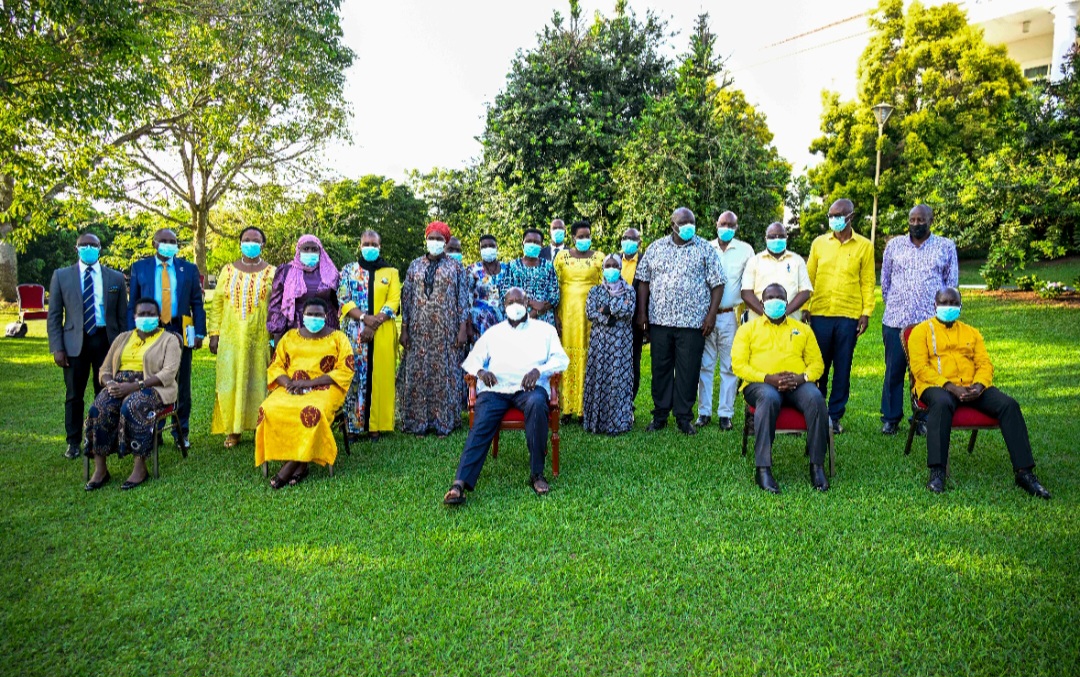The Nyendo Mukungwe Member of Parliament, Mathias Mpuuga has revealed that it’s now a lucrative career to abuse people and blackmail specific politicians on social media.
During a political talk show on BBS yesterday, Mpuuga brought attention to the alarming trend of people threatening and blackmailing politicians online in order to soil their reputation, with a mission of making them lose support from within the party and their constituencies.
Mpuuga’s remarks imply that this conduct is not only common but also financially advantageous, pointing to a concerning change in the way social media is being misused for nefarious ends.
According to Mpuuga, if such is the case, then it is regrettable since blackmailing and other forms of abuse are bad habits that can have a negative impact on society and on individuals. He added that people are utilizing social media to commit crimes like blackmail and abuse of others, and now they are also using it to target politicians. By possibly influencing political decision-making through force and manipulation, this behavior not only maintains a poisonous online atmosphere but also compromises the integrity of democratic processes.
According to him,social media’s widespread usage has given people a tremendous platform on which to express themselves and have conversations with others. But it has also helped negative habits like extortion, harassment, and cyberbullying proliferate. Targeting public people, especially politicians, can have far-reaching effects on both the individuals involved and public confidence in the democratic system.
“It is unfortunate to note that a large number of people, who are frequently spotted in acts of abuse against politicians, are donning red berets. It should be made clear, nevertheless, that donning a red beret does not equate to NUP membership. As a result, I have always stressed how important it is that we openly distance ourselves from those who do not align with our principles.
I publicly addressed this issue last year and encouraged other leaders to do the same. It is not appropriate for anyone to use derogatory words, especially in Luganda, and to mask their behavior with a red beret. As NUP leaders, we have a duty to categorically reject these people as they are enemies of our cause and do not share our values,” he said.
And to make matters worse, Mpuuga’s revelation that there are individuals who have monetized these kinds of activities raises more questions. If someone is receiving financial rewards for using abusive or blackmailing tactics, this leads to perverse incentives that encourage more harm. Its monetization of cyberbullying not only keeps the vicious cycle going, but it also helps to normalize harmful behavior in online communities.
“No one in our ranks should be able to act as though they are superior and then turn to mistreating our political rivals. Such behavior will not be accepted since we, as NUP members, uphold certain standards and principles. It was during my time as Leader of Opposition that I became aware of the existence of call centers where people get paid to act abusively.
Evidently, some people have made a successful career out of abusing and tormenting others on social media. I do want to be clear, though, that those who participate in these kinds of activities are not affiliated with NUP. Maintaining the integrity of our party requires us to firmly distance ourselves from such individuals,” he said.
Cyberbullying in Uganda has become the order of the day; however, according to Mpuuga, a multifaceted strategy involving cooperation between social media companies, law enforcement, lawmakers, and civil society organizations is needed to address this issue. To address this damaging occurrence, it is imperative to establish measures like strict content moderation procedures, improve digital literacy and online safety education, and fortify legal frameworks against cybercrime.
Do you have a story in your community or an opinion to share with us: Email us at Submit an Article







